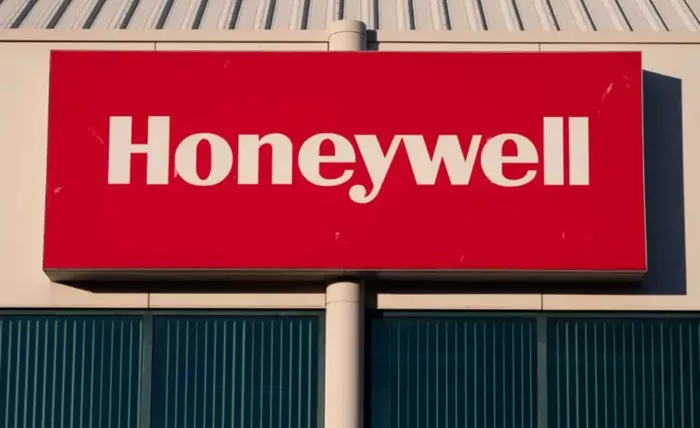UK-based chemical firm Johnson Matthey has agreed to sell its Catalyst Technologies business to Honeywell International for £1.8 billion ($2.4 billion), including debt. The deal was announced on Thursday and caused Johnson Matthey’s shares to jump by over 30%, reaching their highest level in a year.
The Catalyst Technologies division designs and manufactures catalysts used in producing sustainable aviation fuel, fertilizers, and paints.
This unit accounted for about 19% of Johnson Matthey’s total sales in the fiscal year ending March 2025. Analysts had valued the business between £945 million and £1.05 billion, but the sale price significantly exceeded those estimates.
Johnson Matthey’s CEO, Liam Condon, said the company had received interest in this unit three years ago but at much lower valuations. The sale is expected to generate net proceeds of approximately £1.6 billion, with about 88% of that amount planned to be returned to shareholders.
Following the sale, Johnson Matthey will focus on its core businesses: making pollution control filters for vehicles and processing platinum group metals. Condon described this move as a fundamental reshaping of the company into a more focused and leaner business.
The transaction is part of a broader strategy by Johnson Matthey to streamline its operations. Over the past four and a half years, the company has sold several assets, including battery materials, glass technologies, and medical device components. Pressure from activist shareholder Standard Investments accelerated this strategic review and led to board changes.
Honeywell plans to integrate the acquired Catalyst Technologies business into its Energy and Sustainability Solutions segment. The acquisition will enhance Honeywell’s portfolio by adding complementary catalyst and process technologies, particularly in refining, petrochemical, and renewable fuels.
Honeywell expects the deal to be accretive to its earnings within the first full year of ownership and to create significant cost synergies.
The sale is expected to close in the first half of 2026, subject to regulatory approvals.
Related topics:


